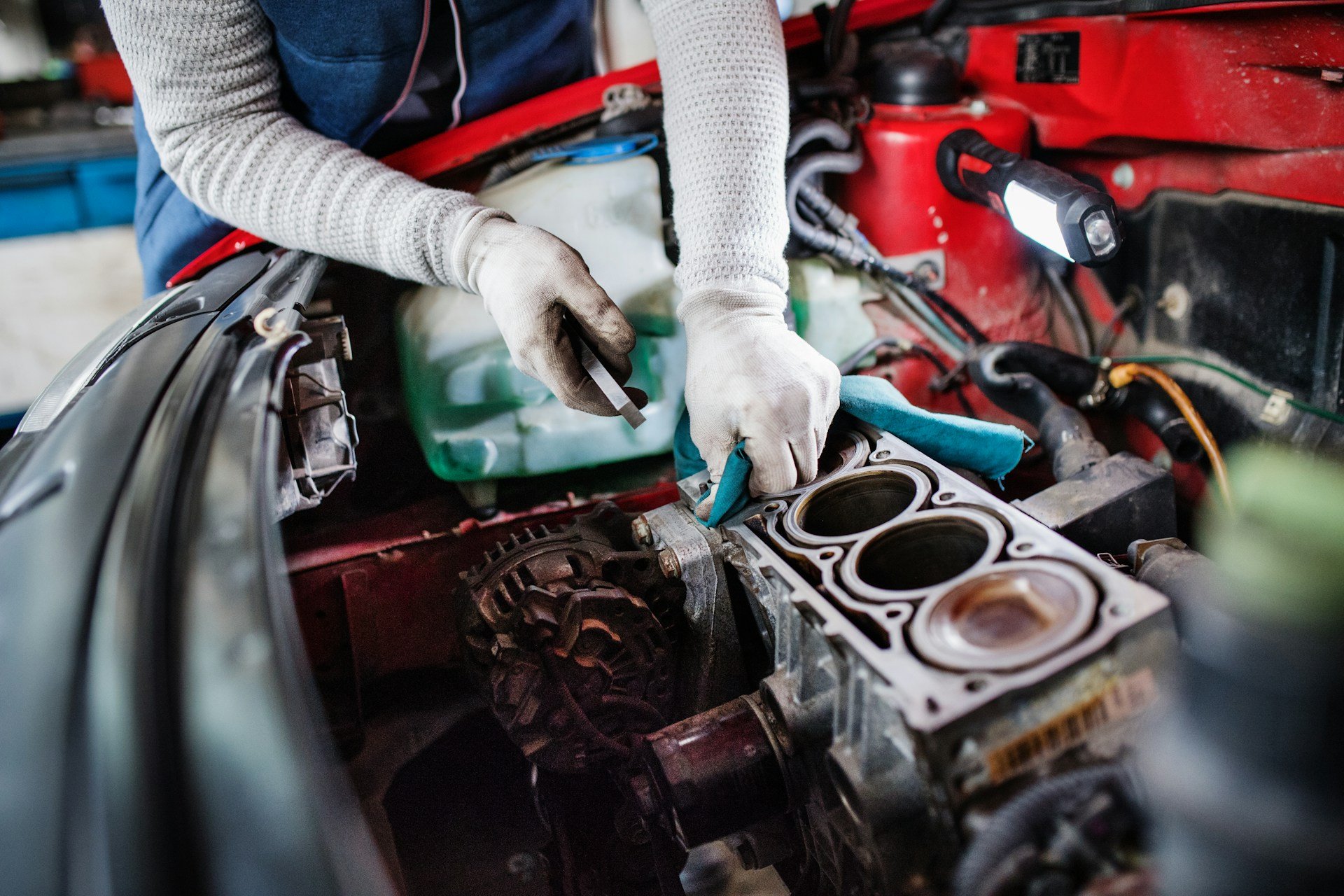
Thinking about what type of engine to buy can be a slightly overwhelming choice, given the options available for car owners today. Remanufactured engines are increasingly becoming a popular option, thanks to their mix of cost savings, reliability, and eco-friendliness. They are engines rebuilt to meet or even exceed their original performance standards after going through rigorous quality control and testing.
Choosing a remanufactured engine means you are getting a product that has undergone detailed inspections and updates. This process ensures that the engine operates efficiently, just like a new one, but at a much lower price. It’s a smart choice not only for your wallet but also for the planet, as it reduces waste and conserves resources. Remanufactured engines offer an excellent way to keep your car running smoothly without stretching your budget or compromising on quality.
Remanufactured engines provide a cost-effective solution compared to buying brand new engines. One of the biggest advantages is the significant savings on purchase costs. New engines can be expensive, and when you need a replacement, costs can quickly skyrocket. Remanufactured engines, however, typically cost 30% to 50% less than new ones while delivering comparable performance, making them an economical choice for those wanting to manage repair expenses sensibly.
Consider scenarios where remanufactured engines are the most valuable choice:
Overall, choosing a remanufactured engine is not only financially smart but also allows vehicle owners to enjoy durable solutions that fit their monetary constraints. For many, it’s the ideal balance of performance and affordability.
Opting for remanufactured engines significantly benefits the environment by conserving natural resources. The remanufacturing process involves taking old engine parts and refurbishing them to make their performance as good as new. This practice avoids the need for additional raw materials and energy often required to produce new engines. By using fewer resources, we help protect our planet’s limited supply of raw materials, ensuring they last longer for future generations.
Remanufacturing also plays a role in reducing waste and emissions. When engine components are repurposed rather than discarded, less waste ends up in landfills. Automotive parts like engines are composed of metals and chemicals that can be hazardous if not properly handled. By remanufacturing and reusing these parts, we significantly cut down on the amount of harmful waste polluting the environment.
Here’s how remanufacturing makes a difference:
Through these practices, remanufactured engines aid in promoting a cleaner and more sustainable world by conserving resources and lowering waste production.
Remanufactured engines deliver outstanding reliability and performance. They undergo a thorough remanufacturing process that includes dismantling, cleaning, and replacing worn parts with new or reconditioned components. Each engine is inspected and tested rigorously to ensure it meets or exceeds original performance standards. These quality assurance measures are designed to offer peace of mind, matching the dependability you’d expect from a new engine.
The reliability of remanufactured engines is further guaranteed by the precision standards adhered to during the rebuilding process. Technicians use advanced equipment to measure and refine each part, ensuring a perfect fit and optimal functioning. Equally important, each remanufactured engine is tested under various conditions to check for durability and efficiency before it reaches you.
Here are a few reasons why remanufactured engines are a reliable choice:
In all these ways, remanufactured engines combine quality and reliability, making them an excellent option for anyone looking to maintain vehicle performance without spending too much.
Remanufactured engines play a vital role in bolstering sustainability within the automotive industry. By embracing remanufacturing, we support the circular economy, which emphasizes reusing and recycling materials rather than disposing of them. This helps keep valuable resources in use longer and reduces the need for new raw materials. Such practices lessen the environmental impact associated with engine production and consumption.
Choosing remanufactured engines aligns with sustainable practices, offering a tangible way to reduce your carbon footprint. It extends the lifecycle of engine components, thereby promoting responsible consumption and waste reduction. As remanufacturing continuously gains traction, it highlights a commitment to sustainability and environmental stewardship in the automotive world.
Here’s how remanufactured engines promote sustainability:
By opting for remanufactured engines, you’re contributing to a more sustainable industry that prioritizes resource conservation and environmental health.
Remanufactured engines are an exceptional choice for anyone who prioritizes cost savings, reliability, and environmental friendliness. They offer the best of both worlds—high performance at a lower price, all while supporting sustainable practices. These engines are the result of meticulous processes designed to ensure quality and reliability, equipping your vehicle with the power it needs while saving on resources and reducing emissions.
If you’re ready to make a smart, eco-friendly choice for your vehicle, explore the vast selection of remanufactured engines at Airline Auto Parts. We provide quality auto parts in Houston, TX, and ensure every engine meets our high standards for reliability and performance. Choose Airline Auto Parts today to enjoy superior customer service and the best warranty in the industry.

December 14, 2025 Winter Car Care: Essential Tips for Dies...

Advantages of Using Salvage Car Parts fo...

December 7, 2025 How to Keep Your Diesel Engine in Top Co...

Ensuring Compatibility When Buying Used ...
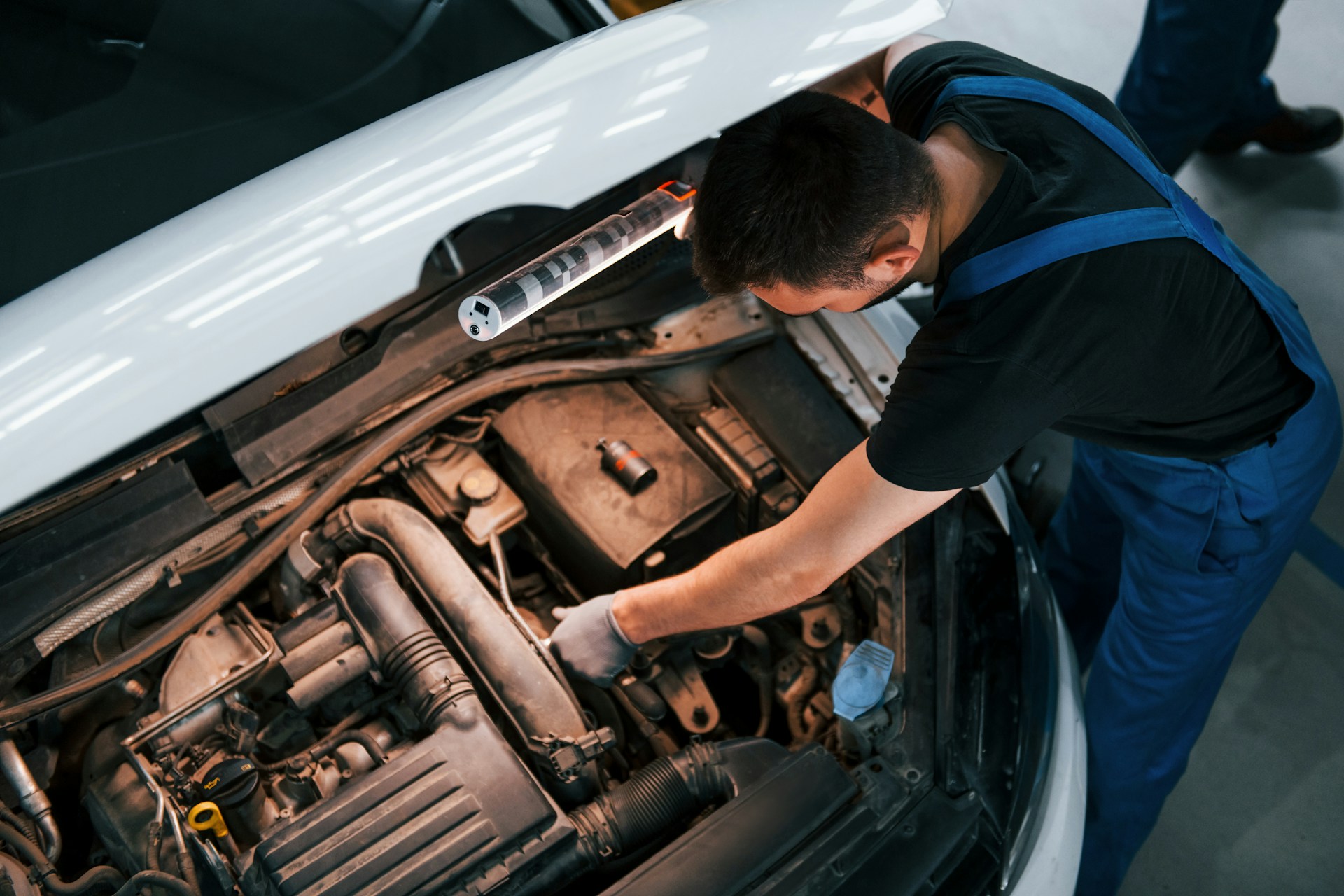
November 30, 2025 Getting the Most Out of Your Diesel Engi...
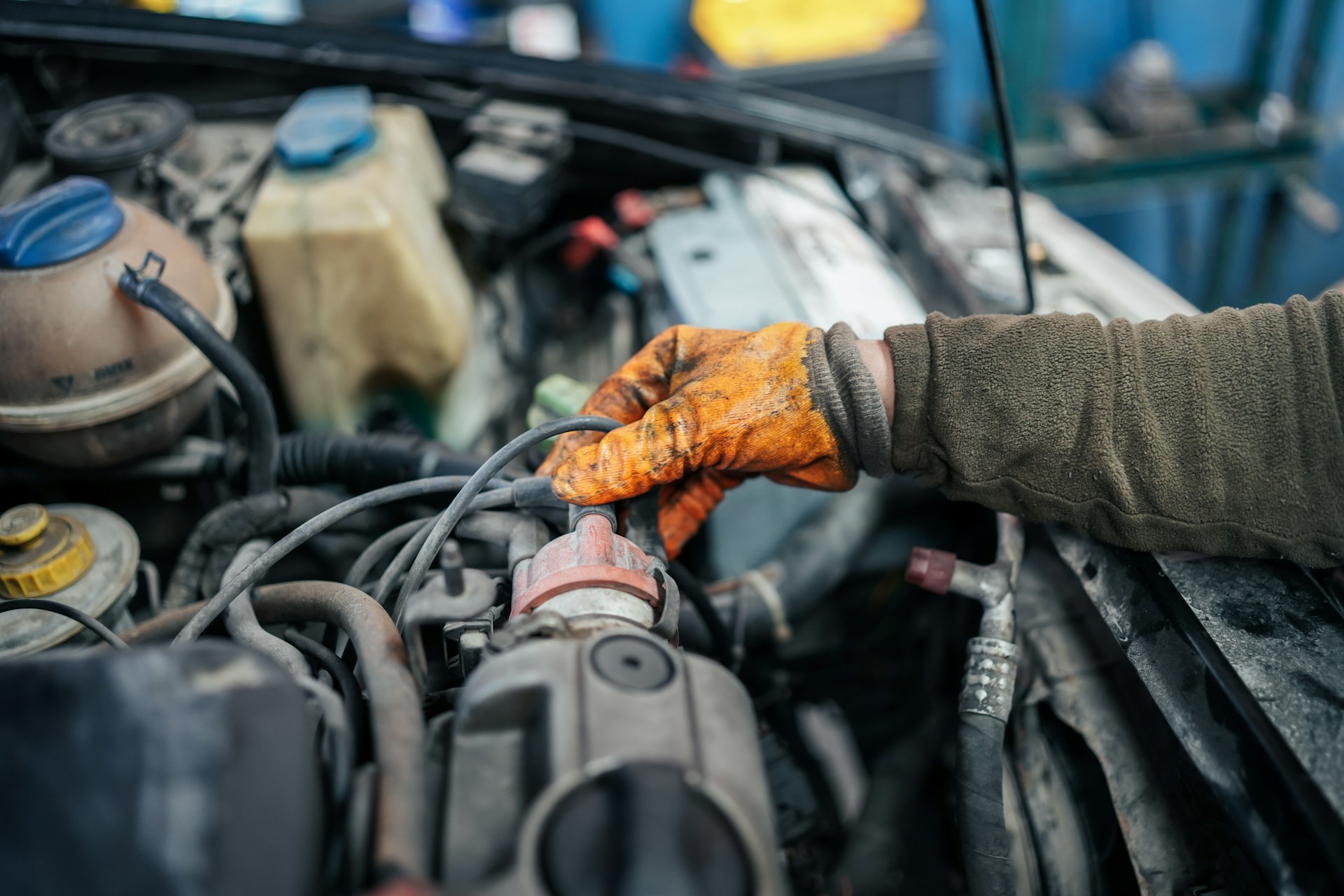
Why Regular Maintenance is Key for Diese...
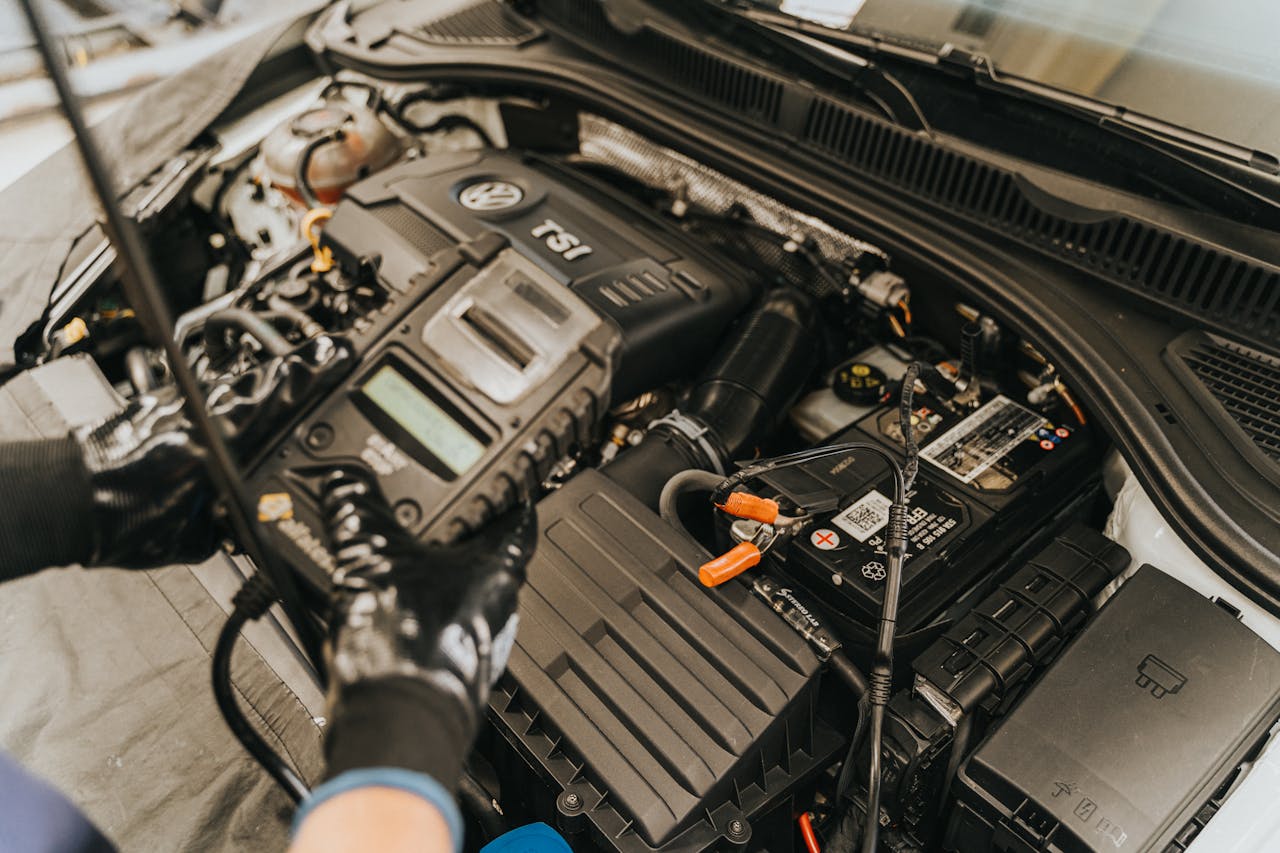
November 23, 2025 Practical Tips for Buying Second-Hand Au...
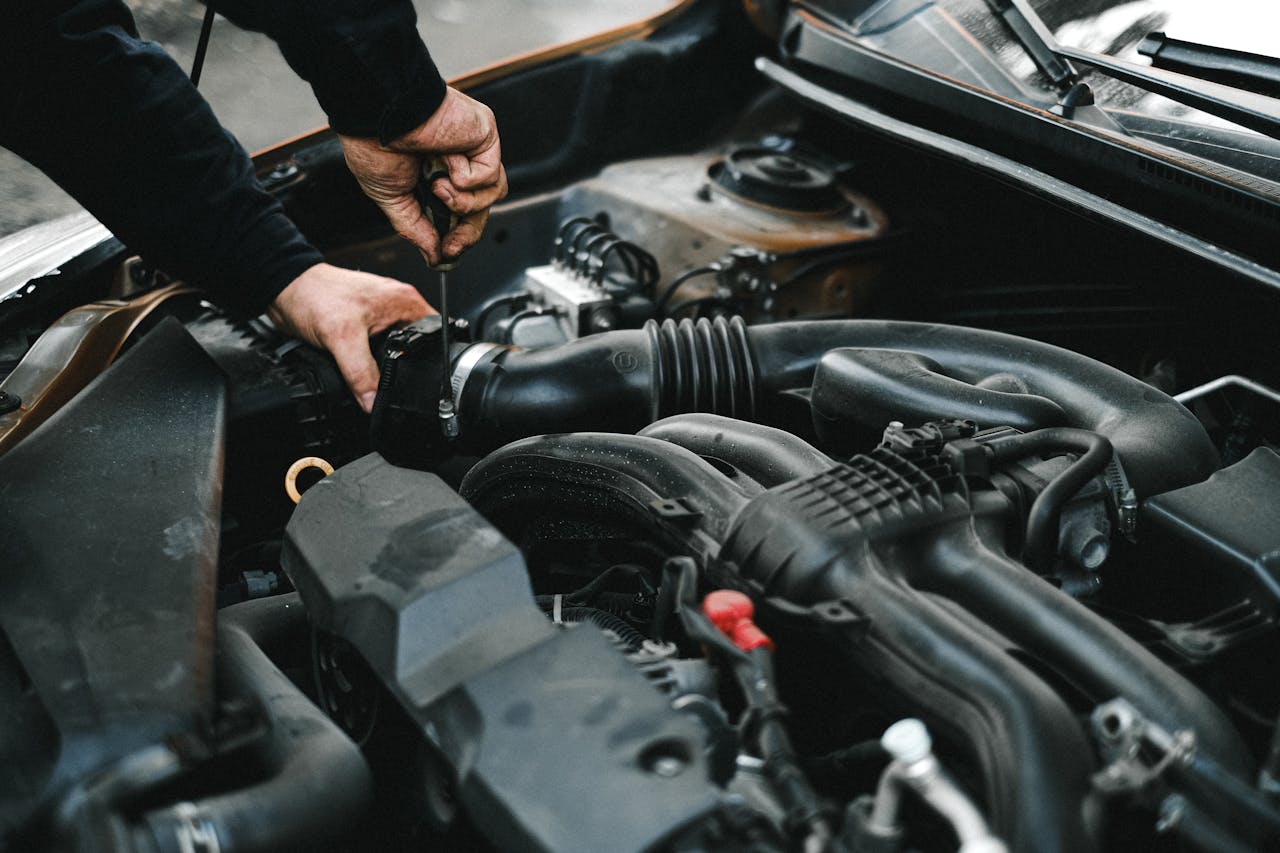
How to Spot Signs of Wear in Diesel Engi...
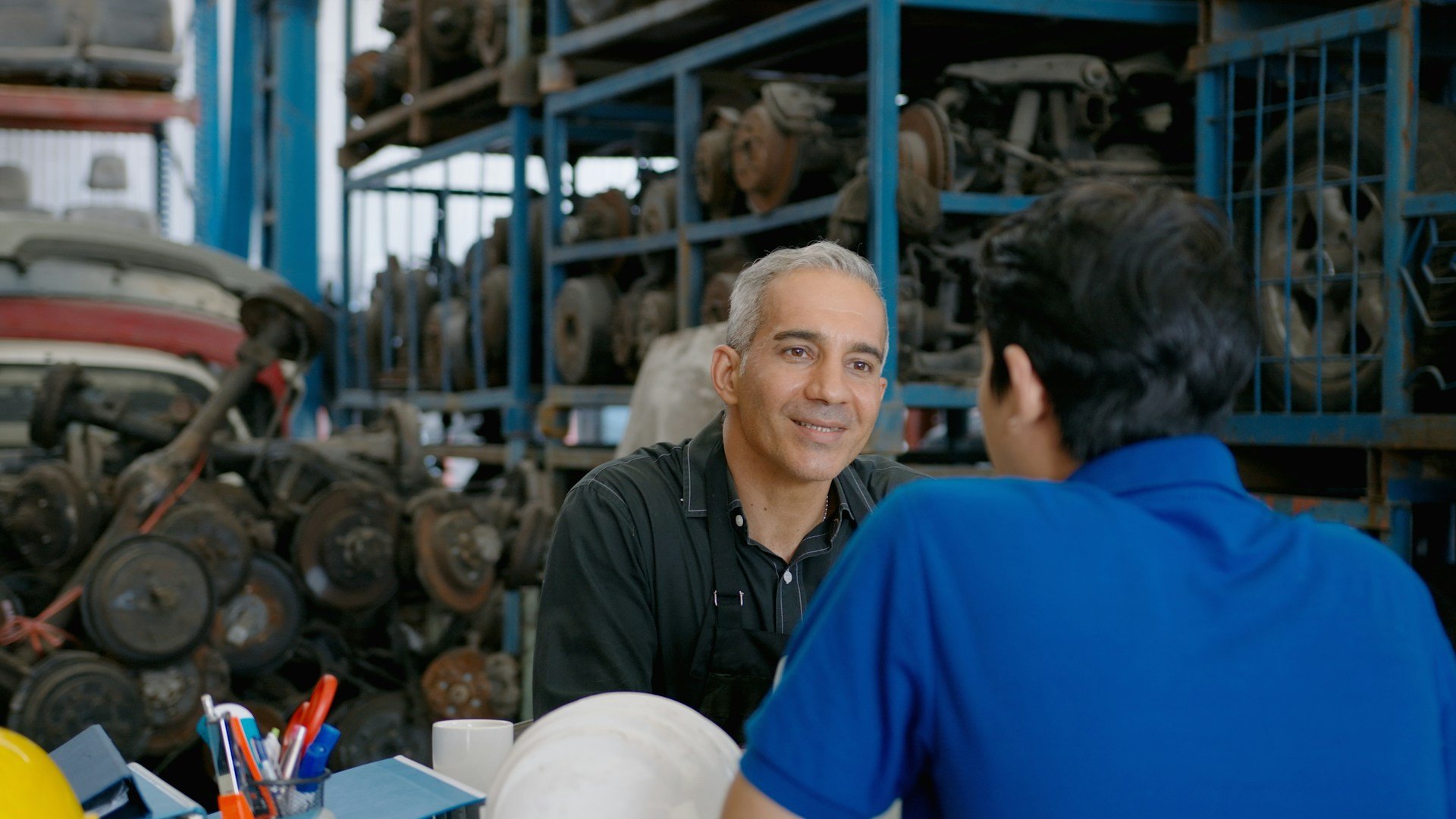
November 17, 2025 Why Choose Recycled Auto Parts for Your ...
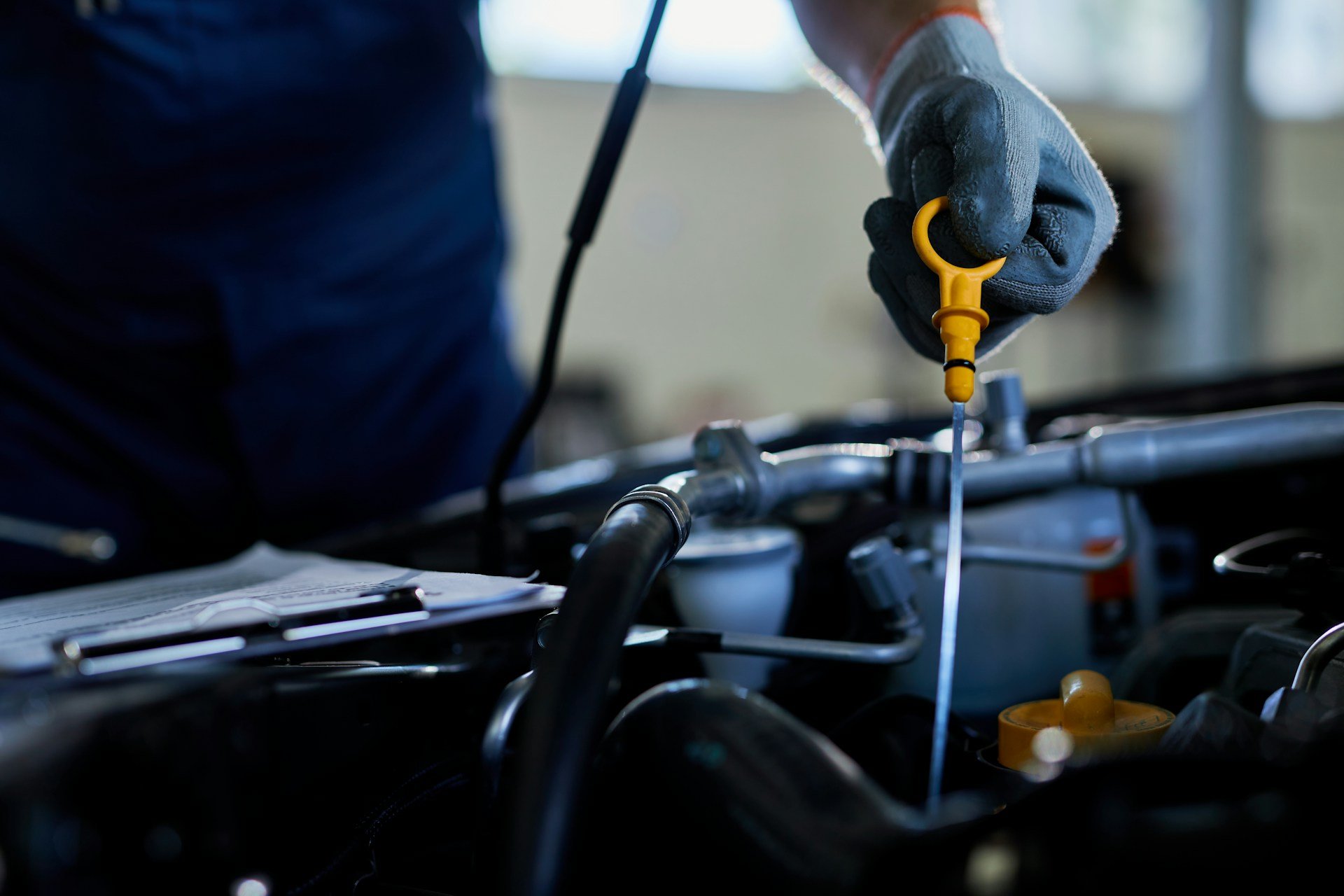
Common Pitfalls When Buying Used Vehicle...
Leave a Reply